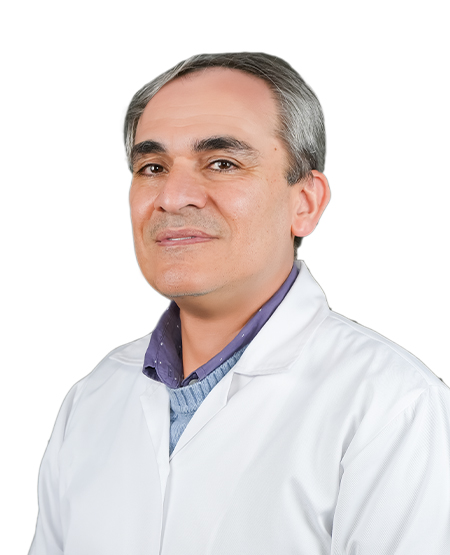 30+ years of exp
30+ years of exp
Languages
English, Arabic, Farsi and FrenchClinics
HealthHub - Barsha Heights

 30+ years of exp
30+ years of exp
HealthHub - Barsha Heights